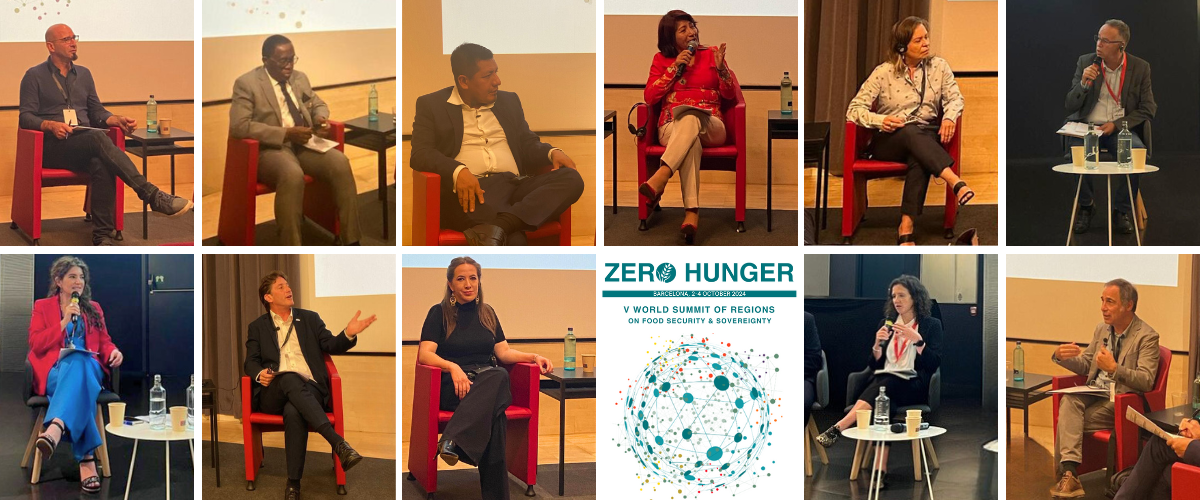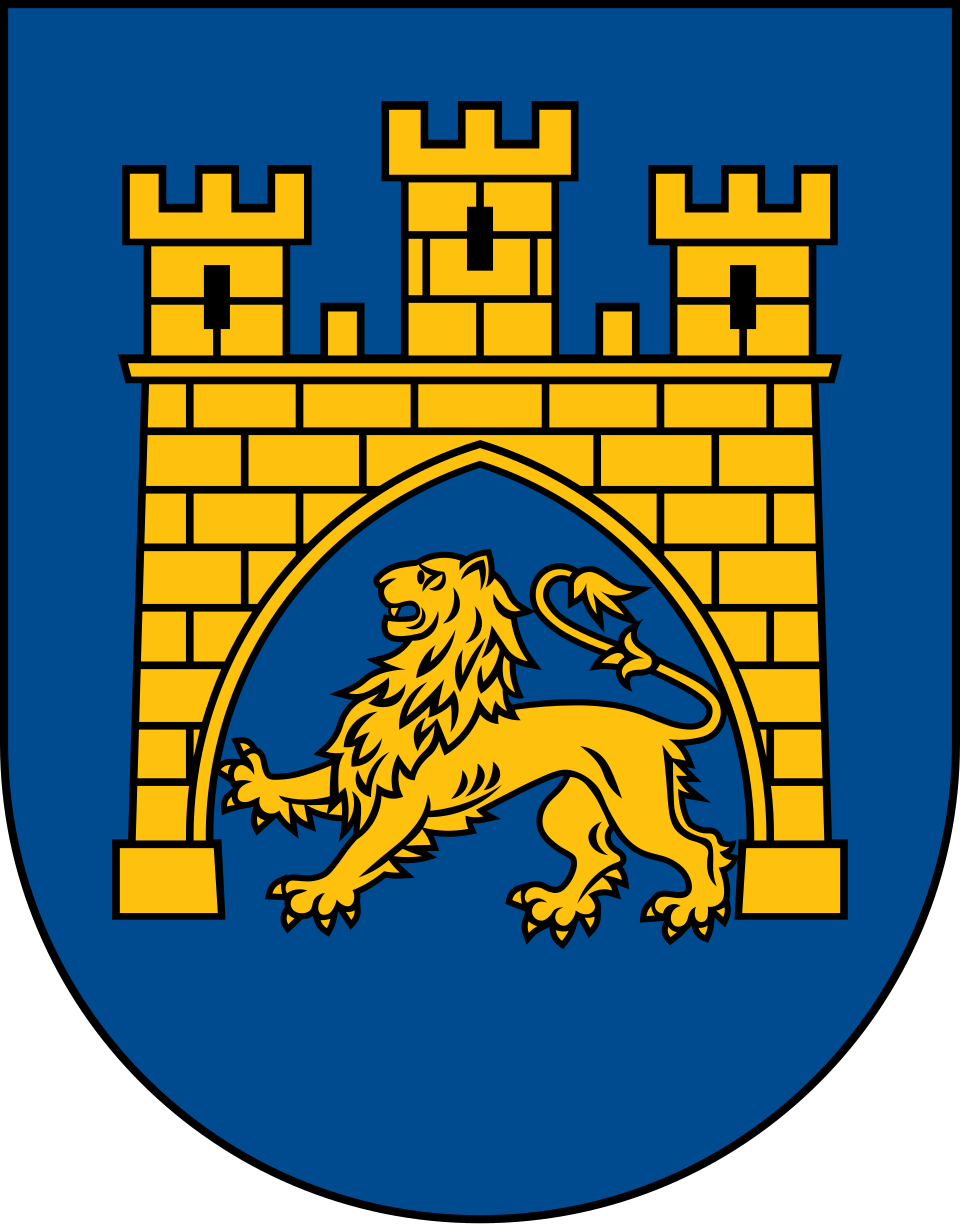The region is the framework for a sustainable food system

With the V Summit of Zero Hunger Regions, regionalism has responded to the United Nations Secretary General, Antonio Guterres, launched in September 2021. At that time, the Secretary General convened a Food Systems Summit. Beyond the annual meetings of the Committee on World Food Security, beyond the activity of the FAO, with this Summit, Guterres pointed out the importance of the concept 'food system', to add immediately that it must be 'sustainable'. At the 5th Summit of Zero Hunger Regions held in Catalonia, we told Antonio Guterres that, in order to be sustainable, the food system must have the region as its framework.
All the participants subscribed to this approach, starting with ORU Fogar's president, Rachid el Abdi, and the host of the Summit, Òscar Ordeig, the Catalan Minister of Agriculture, Livestock, Food and Livestock. But also the “Manifesto Catalunya”, approved at this Summit, points out all the measures that the regionalist movement believes should be taken to evolve in this direction.
In their messages to the Summit plenary, both Nosipho Nausca-Jean Jezile, Chair of the Committee on World Food Security, and FAO Executive Director Qu Dongyu recognized the role of the regions in the fight against hunger, both pointing out the importance of their work in articulating the different levels of government, from local to national to global.
However, Vicent Domingo, former director of CEMAS (València World Center for Sustainable Urban Food), was the most extensive in explaining that the food system must be regionally based. He argued that a food system is a dynamic and complex structure, in which its constituent elements are varied and constantly interacting. He stated that within the region this dynamism allowed for a fluid rural-urban relationship. He defended that the regional government is the best instance for the relationship between the local and the national to flow. He discussed the importance of supporting local markets and how public procurement can directly influence the establishment of a regional social economy model.
Eugène Aka Aouélé, President of the Assembly of Regions and Districts of Côte d'Ivore, made a significant intervention in this regard. Mr. Aouélé, who is also President of the Regional Council of Sud Comoé, referred back to the debate at the IV Summit in Chile and reaffirmed the decisions taken there. “We must bet on food sovereignty and not on food security, because sovereignty guarantees us security, but security does not guarantee sovereignty. Thus, he said he was in favor of working for food sovereignty to be carried out within the framework of the regions.
Water management
The Summit paid close attention to water management, as it has a major impact on agricultural and food development. In this area, the need to work within a regional framework was very clear. Alain-Richard Donwahi, president of the 15th Conference of the Parties to the United Nations Convention to Combat Desertification and Drought, who had also been president of the Regional Council of Nawa, Côte d'Ivore, expressed it in his message to the plenary. But many speakers ratified it by providing very practical examples. Jorge Chávez, governor of Loreto, Peru, spoke about the drought that has recently affected his region and affirmed that collaboration between regions is key to face emergencies. Luís Mariano Fernández, deputy in the Parlasur from the Province of Tucumán, Argentina, forcefully stated that it is the regions that have to face more and more frequent situations due to droughts, floods or fires. Alexandra Quintanilla, vice-prefect of Azuay, Ecuador, insisted on the need to educate on the responsible use of water, stating that the regional framework should favor urban-rural cooperation. The vice-prefect explained how ensuring a good water supply avoids rural depopulation.
Food wastage and the rural world
On two other topics, all the speakers also affirmed the need to work within the regional framework: the fight against food wastage and rural development, the key to food sovereignty. Márcia Cristina Stolarski from Paraná, Brazil; Antton Alza from the Basque Country and Ms. Rosa Gloria Vásquez, Governor of the Lima Region, Peru, contributed good regional practices in the fight against food wastage from three very different geographies. Those who took up the classic ORU Fogar theme of rural development in relation to food sovereignty were Mairi Gougeon, Minister for Rural Affairs, Land Reform and the Islands of Scotland, Claudia Martinez, Secretary for Women, Province of Cordoba, Argentina and Salah el Aboudi, Councilor of the Regional Council of Oriental, Morocco.










































































